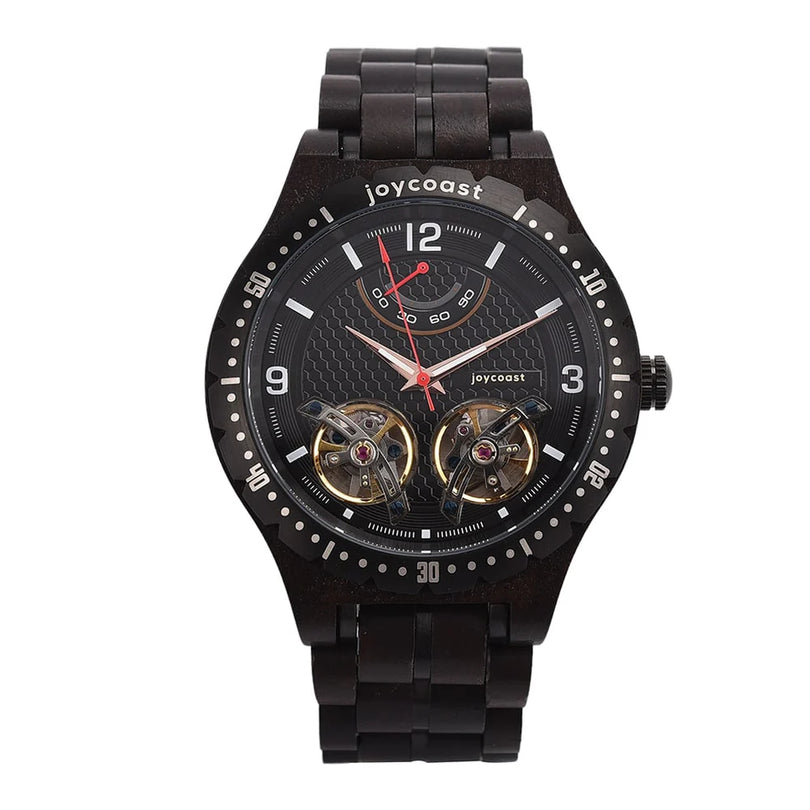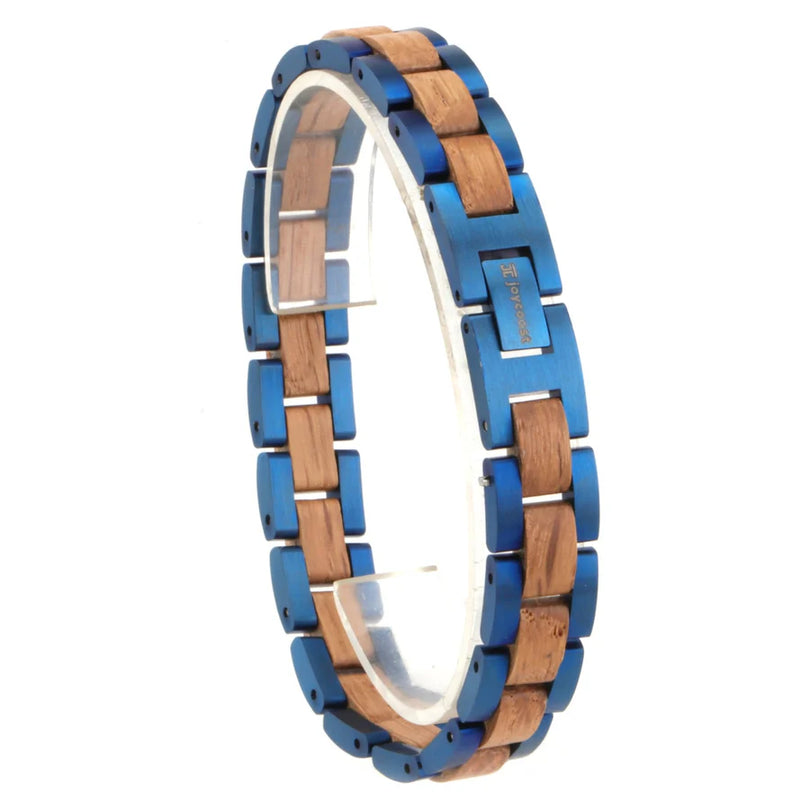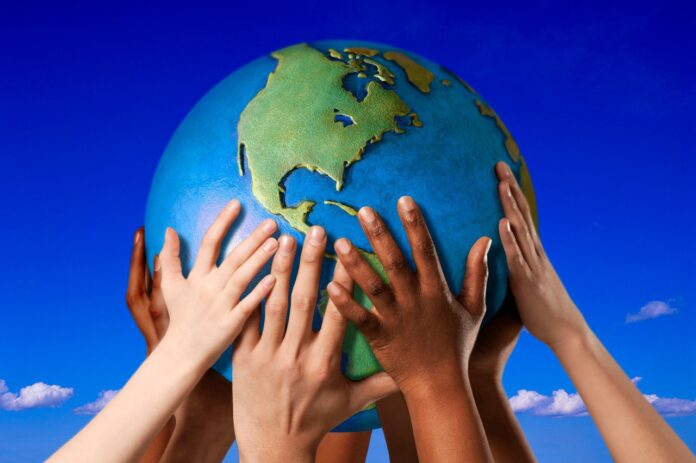It was in the late 1960s that the human race started to take notice of its environmental impact. Some disasters previously thought to be from natural causes were later determined to be anthropogenic (man-made). Floods, for example, are no longer just geographical misfortunes but results of pollution or unregulated waste management.
With this, most of us are trying to be more eco-friendly, but what does it mean to be eco-friendly, though? Let’s explore that in this article.
Eco-friendly people
First, let’s break down the word eco-friendly. ‘Eco’ is short for ecology, which is the study of the interconnections among organic life and how they interact with their environment. Meanwhile, ‘friendly’ is the quality of meaning well or causing no harm.
Eco-friendliness, to its core, means being aware of the way we affect both the natural and artificial world and taking responsibility for our actions. In line with that, eco-friendly people seek to understand and work towards solving environmental issues in their everyday decisions and in collective community action.
There are many ways to be an eco-friendly person after gaining awareness and wisdom. For one, lessen your personal carbon footprint. When traveling to near destinations, you can walk instead of using your private vehicle. You can also conserve your energy consumption at home and be mindful of your waste.
You can even make better political and economic decisions. Sign petitions to forward legal action. Also, choose eco-friendly products and support businesses that are allies to the fight for a more liveable planet. Every effort counts.
Eco-friendly businesses
Greenwashing is a term used to describe when products and services are misleadingly branded to be in favor of the environmental agenda. Companies do sometimes unethically spread misinformation for public relations advantage. With that, be vigilant and do your research.
Genuinely eco-friendly businesses are careful with their impact on the complex web of life on Earth. They don’t just sell products that help consumers live more environmentally-conscious lives, they also understand that buying new isn’t always the best for the planet. In effect, they’re not profit-first.
The environmental protection efforts of businesses are also reflected in their long-term goals and management decisions. For example, they endeavor to reduce their operational carbon footprint and they opt to have biodegradable packing.
Perhaps the most ambitious initiative of all would be to have a circular business model, wherein their products don’t go to landfills at all. Instead, the commodities are returned to the company and made into another product again and again. Ideally, there would be no such thing as an unusable product.
Joycoast is an eco-friendly business that plants ten trees through Trees for the Future every time you buy a product!
Eco-friendly society
With all that said, what does it take to make our entire society eco-friendly?
Well, eco-friendly people create an eco-friendly society by being concerned about solving systemic issues. Surely, individual efforts can add up to make large changes to the community, mostly manifested through culture change. But when paired with organized collective action, you get social impact. And with the right kind of social impact, you get to make a difference that can change the trajectory of consequences like global warming.
Hand-in-hand, we can support each other and keep everybody in check. The goal of an eco-friendly society is for governments, businesses, and people to all take action towards protecting the environment in a cohesive and sensible manner.

















